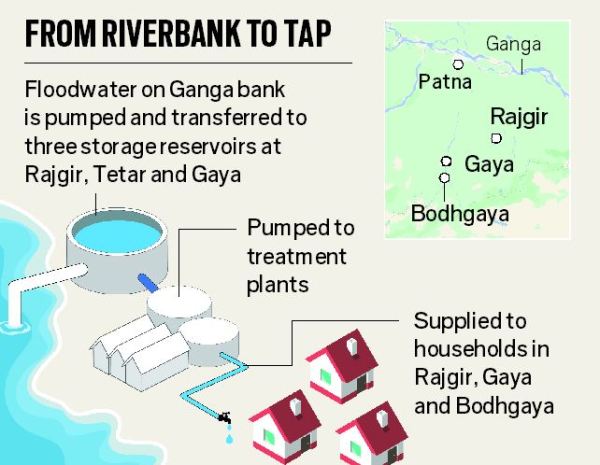Boost to baby foster care
2 min readPatna: The health department is mulling over starting breastfeeding-cum-kangaroo care training centre at all primary health centres (PHCs) of the state.
Right now, the breastfeeding come kangaroo care training centre is functional in around 100 PHCs, said experts at a programme organised on maternal and child health organised by the health department here on Thursday.
“The kangaroo care concept ensures skin to skin contact of mothers and newborns, especially those who are premature babies. The kangaroo mother care not only helps to strengthen the emotional bonding between both but it also helps stabilise the temperature of the baby and increases mother’s milk,” said state programme officer of child health of State Health Society, Surendra Kumar.
“If the mother has some kind of infection, kangaroo mother care can be given to the baby because mother’s body also develops the antibody, which is available to the baby through her milk. The nurses provide training to the lactating mothers on the right way of breastfeeding and kangaroo care in the centres.”
Chief of Party of Bihar Technical Support Programme (BTSP) Dr Hemant Shah talked about delivery-related complications and low birth rate of babies in the state. “Around 32 to 40 per cent maternal mortality occurs due to excessive bleeding after child birth. Oxytocin is given to ladies to speed up delivery but sometimes it also causes side effects on the ladies. So it has to be used carefully,” he said.
Shah added: “Around 25 to 30 per cent of babies born in the state are born weak as they weigh less than 2.5kg.”
“The department has launched a week newborn tracking system with the help of which babies are tracked up to 30 days after their birth.”
Shah said the neo-natal mortality rate (NMR) and the still birth rate (SBR) in Bihar had witnessed major improvements between 2011 and 2016, according to a study based on the findings of Mathematica Policy Research and Public Health Foundation of India.
“In these five years, Bihar has seen a 22.7 per cent reduction in NMR and a 22.5 per cent decline in SBR. The NMR, which is defined as the probability of dying during the first 28 days of life per 1,000 live births, has come down from 32.2 per 1000 live births in 2011 to 24.9 per 1000 live births in 2016.”
Courtesy: The Telegraph


